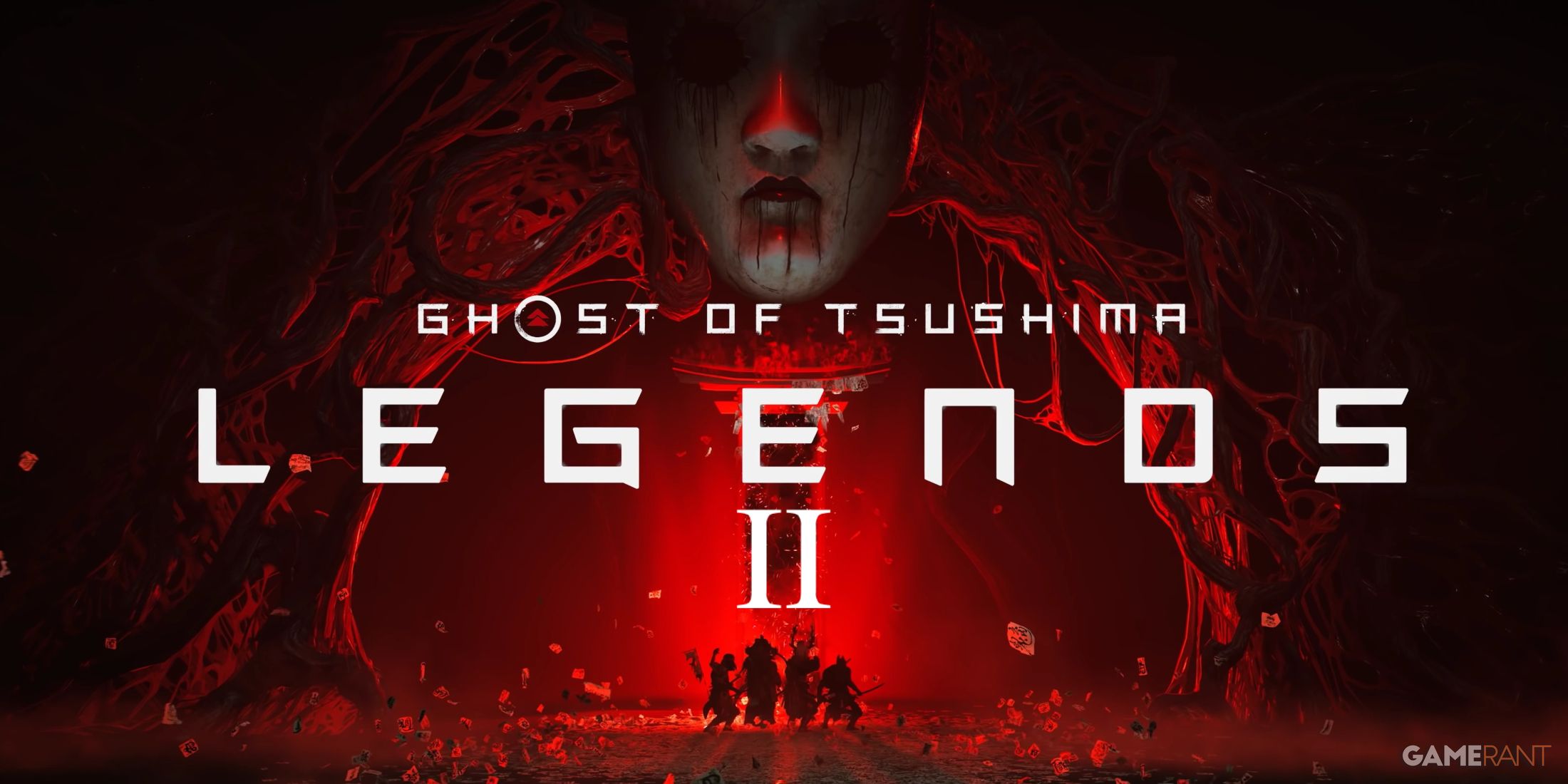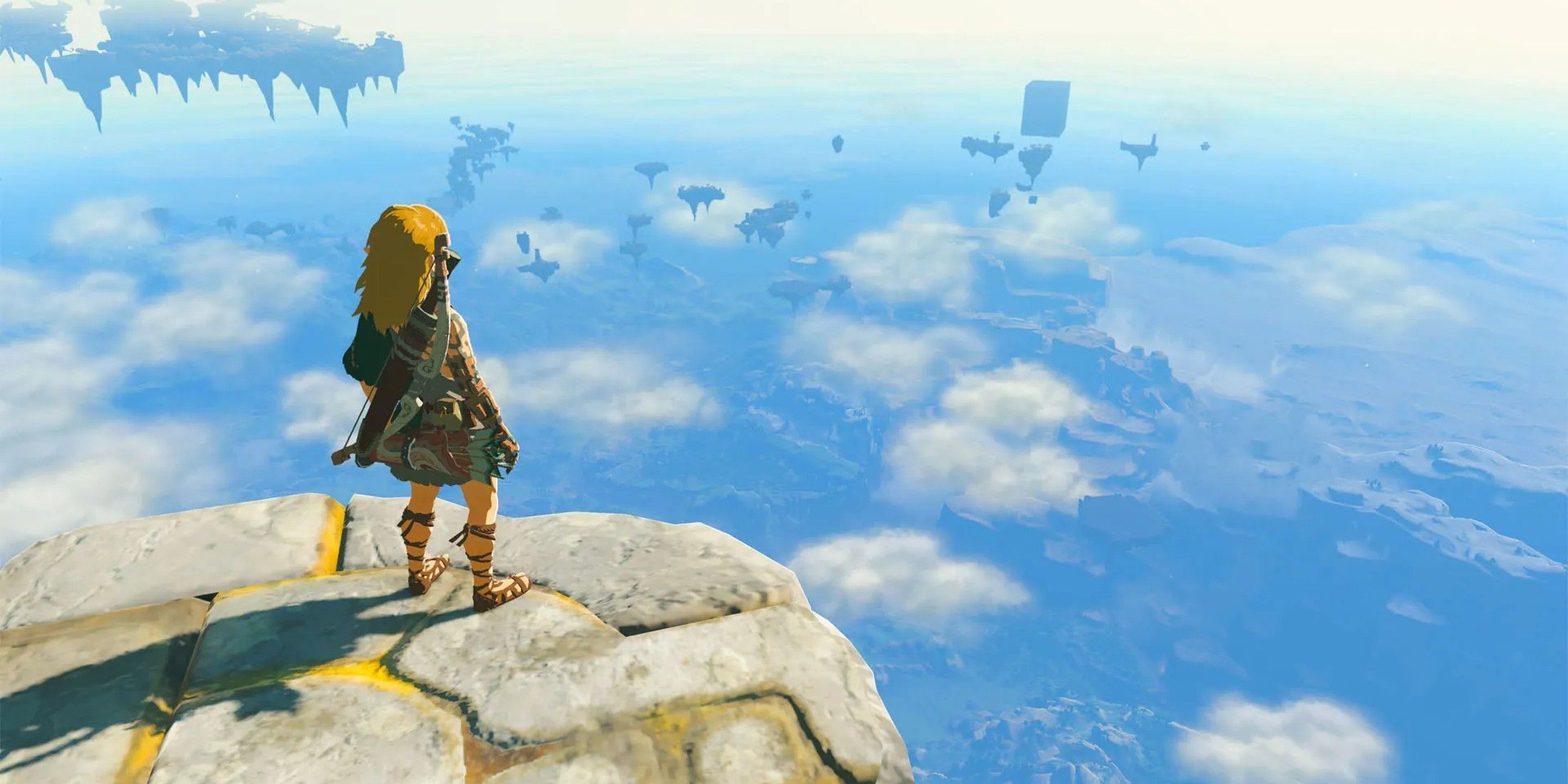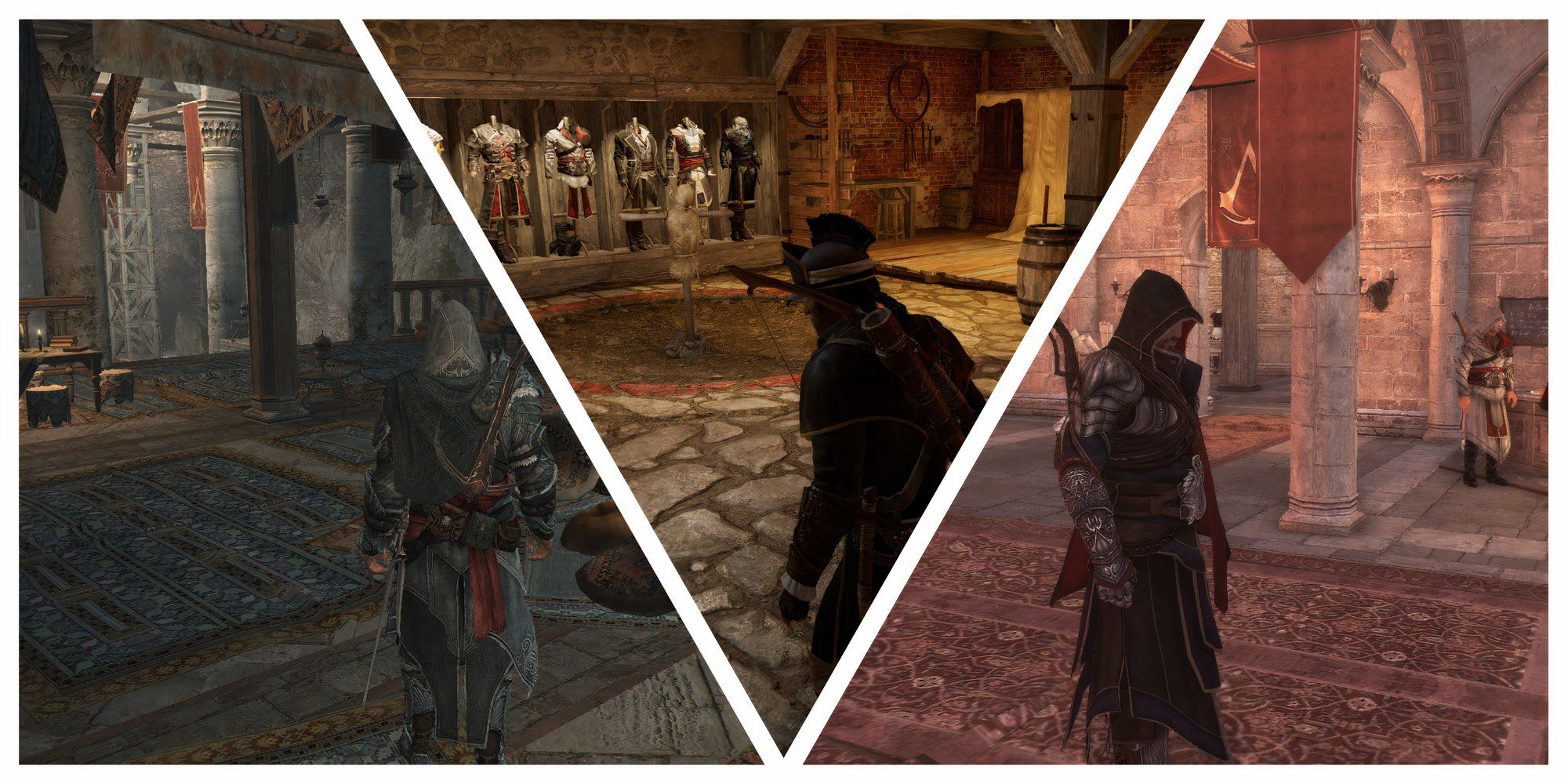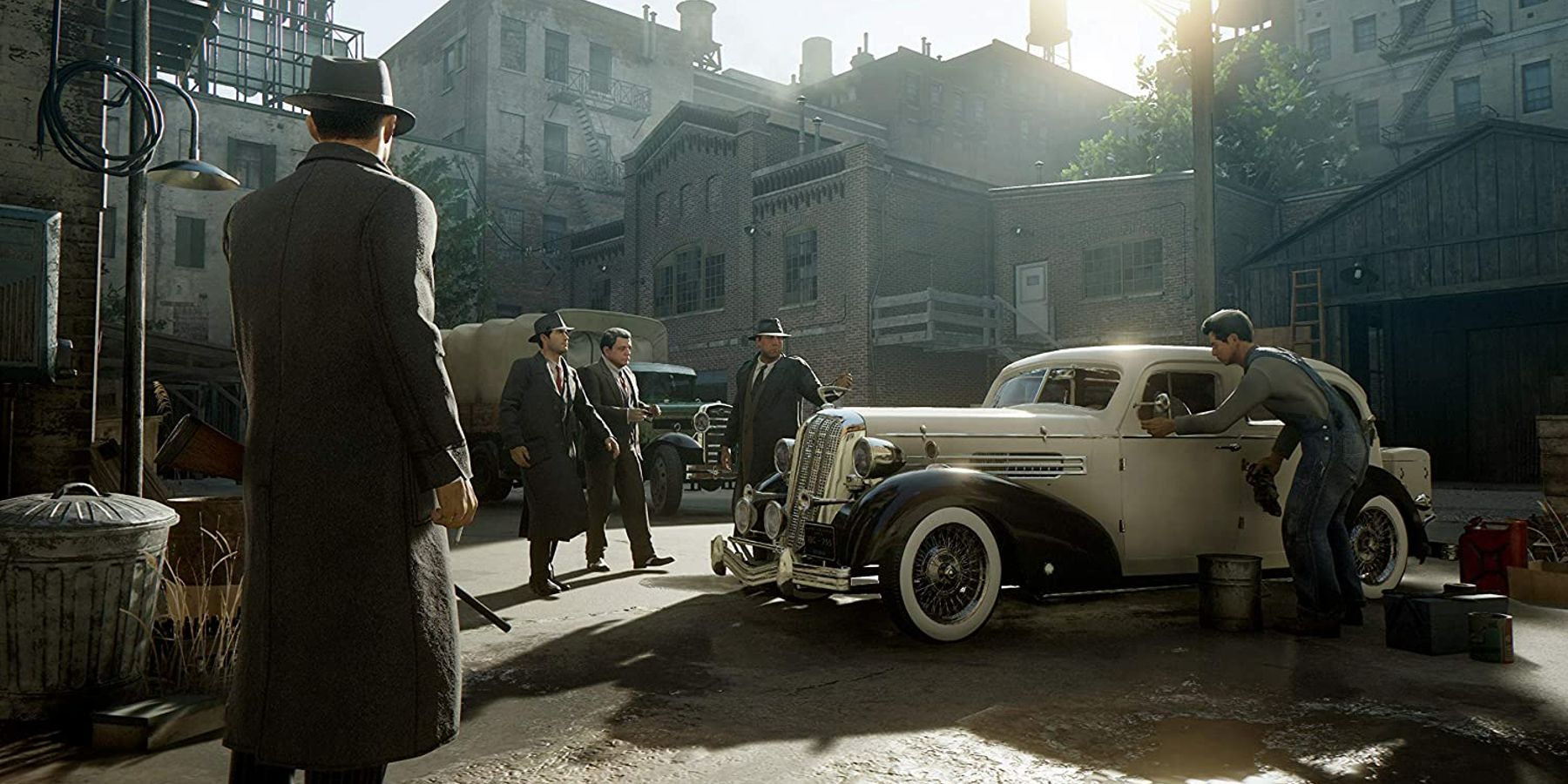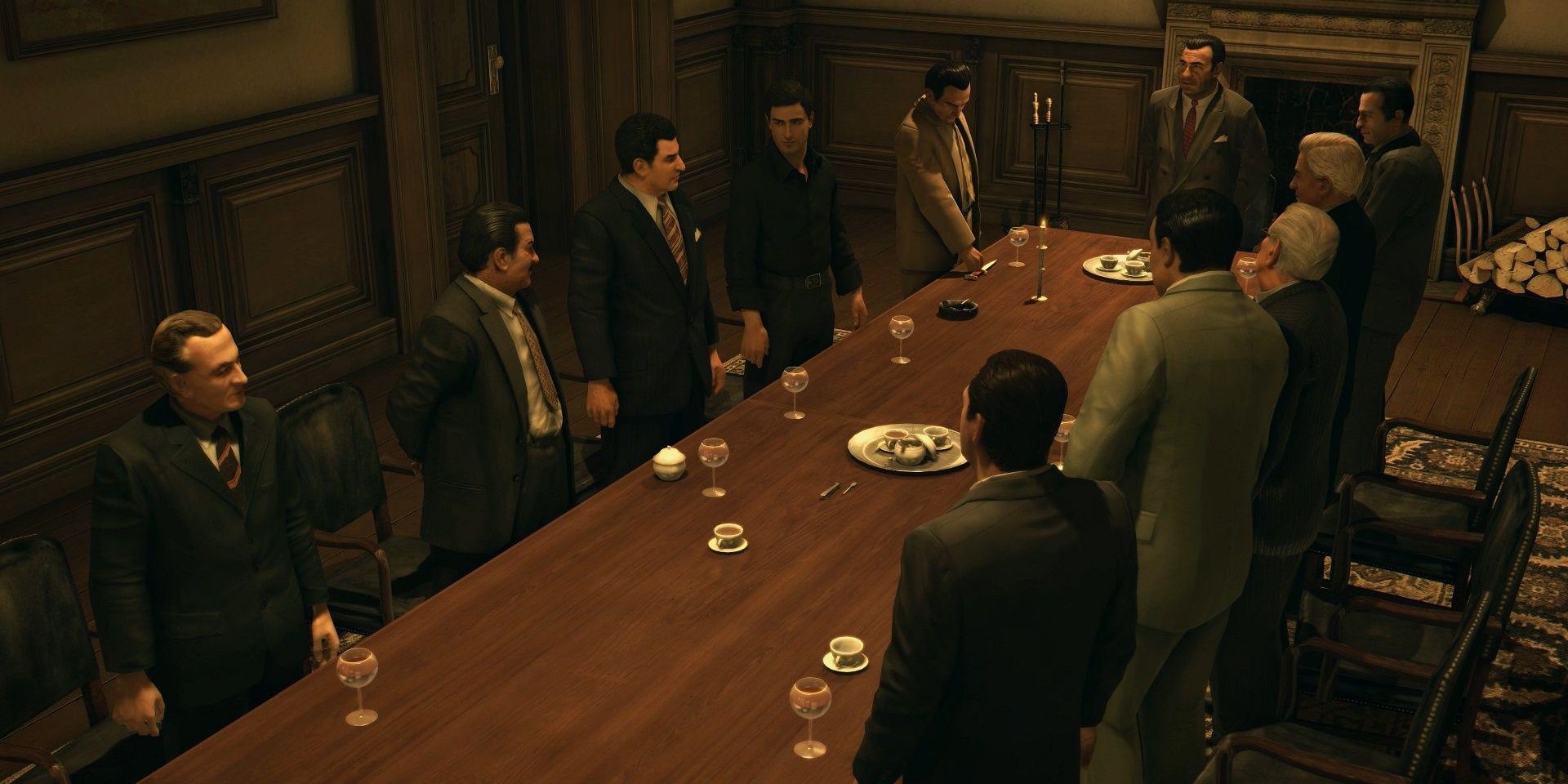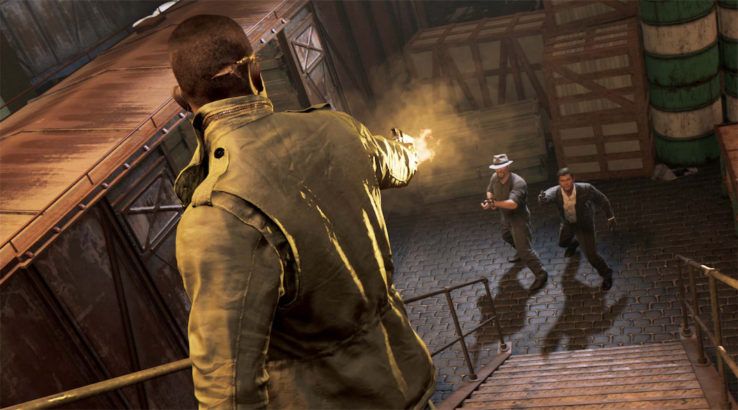The Mafia franchise celebrated its 20th birthday recently. As part of a special interview with developer Hangar 13, a subsidiary of 2K Games that works on the Mafia titles, the team confirmed that the next entry in the franchise is in the early stages of development. One of the most recent entries was the remake of the original Mafia game, which was released in 2020. The Mafia franchise focuses mainly on life within the mob, throughout various touchpoints in history. From the original game and its remake which were set in 1930, through to the most recent chronological entry, Mafia 3, which is set in 1968.
Mafia 3, while being classed as a financial success for 2K games, divided critics' and fans' opinions due to its repetitive gameplay loop and various game-breaking bugs. While still containing some memorable characters, it seemed to pull away a little from the strong, tightly-woven narratives of the previous two games, placing more emphasis on player freedom. There are almost no details about the series' next entry that are known at this point, but if the new game in the Mafia franchise is indeed Mafia 4, it should take the series back to its roots of telling compelling stories with compelling characters.
Mafia's Strength Has Always Been its Storytelling
There's something about the day-to-day life of the Mafia that has always fascinated people. Realistic (and some unrealistic) depictions of these gangsters have been brought to life over the years in media such as movies and TV. The Godfather, widely regarded as one of the greatest movies of all time, arguably kicked off this fascination when it was released in 1972 to widespread acclaim, and the trend has continued ever since.
Despite life in the Mafia seeming like a great setup for a video game, it is a genre that hasn't really been explored in depth. Favorites such as Grand Theft Auto and Saints Row have opted to include versions of the Mafia in their games that the player will often work with, or against, rather than base their games specifically on a member of the Italian mob. The Mafia franchise is an exception to this though, with the first two games firmly focused on the Cosa Nostra.
The original Mafia game, and its 2020 remake, centered on Tommy Angelo, a cab driver from 1930s Illinois who was in the wrong place at the wrong time, which saw him become embroiled with the fictional Salieri crime family. Over the course of the game, players witnessed Tommy transition from a down-on-his-luck cab driver to a high-ranking member of the Salieri family with more money and respect than he could ever have imagined. Mafia tells an incredible story full of plot twists and gut-wrenching scenes that wouldn't be out of place in a Martin Scorsese picture. The gameplay is not the strongest element on display, with the shooting a little clunky and the minute-to-minute gameplay slightly mundane, but such is the strength of Mafia's narrative, that it makes these issues seem much less bothersome than they would usually be.
Mafia 2 builds on much of what the first game did well. The setting of the 1940s and 50s was brought to life brilliantly, with cars, costumes, and characters all true to the source material. This time the protagonist was Vito Scaletta, a war veteran whose friendship with the wily Joe Barbaro sees him eventually becoming a member of the Clemente crime family. Again, Mafia 2 crafts believable characters from everything such as dialogue and accents, down to the decisions they make and their motivations. Its gameplay is once again imperfect, but the story is one that players become extremely invested in, so gameplay shortcomings can be overlooked.
Mafia 3 Represented a Change of Pace For the Franchise
The release of Mafia 3 in 2017 saw the franchise move away from the tight, linear narratives it had become known for, in favor of an open world that allowed players to explore it in almost any order they liked. After a strong start which saw the protagonist Lincoln Clay and his friends betrayed by the Mafia, players are then given the choice to tackle the world however they like. Despite the game still containing some strong characters and an intriguing late 1960s aesthetic, the story suffered because of this, and the nature of the game meant that many players became bored with its repetitive structure long before the final credits rolled.
Mafia 3 was by no means a bad game; in fact, its gameplay was far stronger than that of its predecessors. However, it suffered from poor, cookie-cutter missions, and a huge open world that was filled with copies of the same enemies and same buildings scattered all over its map. Mafia has proved it is a series that knows how to craft relatable, believable characters, with well-written video game protagonists. Both Mafia and its sequel waste no time quickly engaging the player in the narrative. Mafia 3's different approach means that the plot is unable to build up any momentum, and characters are sometimes not seen for long periods of time depending on what the player chooses to do next.
The next Mafia title has all the ingredients needed to be the best one yet. Following the franchise's timeline, it could well take place in the 1970s or 80s, which throws up a host of intriguing settings such as Las Vegas or Miami. If it can take the gameplay elements of Mafia 3, and combine those with a strong story featuring engaging and compelling characters, the likes of which are dotted all throughout the first two Mafia games, then Mafia 4 has the tools to be the best video game depiction of life in the Mafia that the industry has seen to date.
A new Mafia game is in development.

